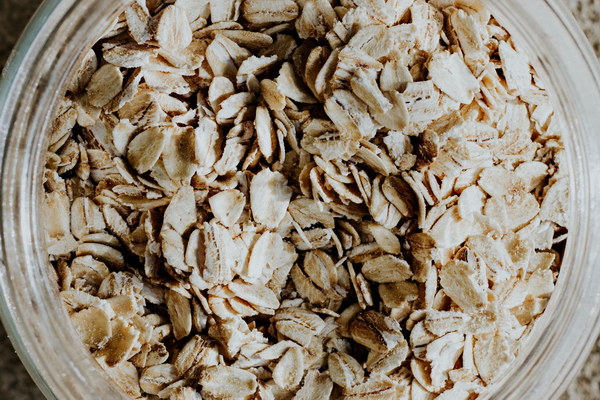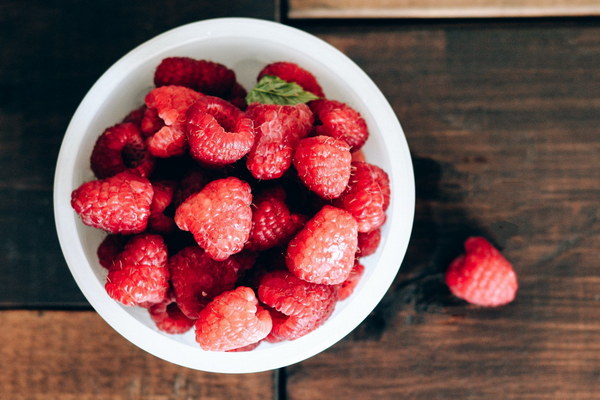Understanding and Managing Lung Heat A Comprehensive Guide to Clearing Your Lungs
Lung heat, also known as lung fire, is a common condition in traditional Chinese medicine (TCM) that occurs when the lungs become overheated. This condition can lead to various symptoms, such as cough with thick, yellow phlegm, sore throat, fever, and difficulty breathing. In this article, we will explore what lung heat is, its causes, symptoms, and the most effective ways to clear it.
What is Lung Heat?
Lung heat is a TCM concept that describes an imbalance in the body's internal environment, specifically within the lungs. It occurs when the body's fluids, such as phlegm and mucus, become overheated, leading to inflammation and heat symptoms. This condition can be caused by external factors, such as exposure to dry, hot weather or smoke, as well as internal factors, such as stress, poor diet, and lack of sleep.
Symptoms of Lung Heat
The following symptoms may indicate the presence of lung heat:
1. Cough with thick, yellow or green phlegm
2. Sore throat or hoarseness

3. Fever, especially in the evening
4. Difficulty breathing or shortness of breath
5. Dry mouth, nose, and skin
6. Restlessness, irritability, and a red tongue with a yellow coating
Causes of Lung Heat
Several factors can contribute to the development of lung heat, including:
1. Exposure to dry, hot weather or smoke
2. Overindulgence in spicy, fried, or processed foods
3. Stress, anxiety, and other emotional disturbances
4. Sleep deprivation
5. Lack of exercise
Treating Lung Heat
The primary goal of treating lung heat is to clear the heat and cool the body, as well as to nourish the lung fluids. Here are some effective strategies for managing lung heat:
1. Herbal Remedies: TCM herbal formulas, such as Lung Clearing Decoction (Yin Qiao San) or Jade Screen Powder (Yu Ping Feng San), can help cool the lungs and reduce inflammation.
2. Diet: Incorporate cooling, moistening foods into your diet, such as watermelon, cucumber, pear, and lotus seeds. Avoid spicy, fried, and processed foods, as they can exacerbate lung heat.
3. Hydration: Drink plenty of fluids, such as water, herbal teas, and broths, to keep the body hydrated and help thin the phlegm.
4. Breathing Exercises: Practices like tai chi, qigong, and deep breathing exercises can help clear the lungs and improve respiratory function.
5. Rest and Relaxation: Ensure you get adequate sleep and engage in stress-reducing activities, such as meditation, yoga, or gentle exercise.
6. Acupuncture and Massage: These complementary therapies can help cool the body and reduce inflammation, alleviating the symptoms of lung heat.
In some cases, it may be necessary to consult a healthcare professional, such as a TCM practitioner or a primary care physician, to determine the most effective treatment plan for your specific condition.
In conclusion, lung heat is a common TCM condition that can be managed through a combination of herbal remedies, dietary adjustments, and lifestyle changes. By understanding the causes and symptoms of lung heat, you can take the necessary steps to maintain a healthy respiratory system and overall well-being.









